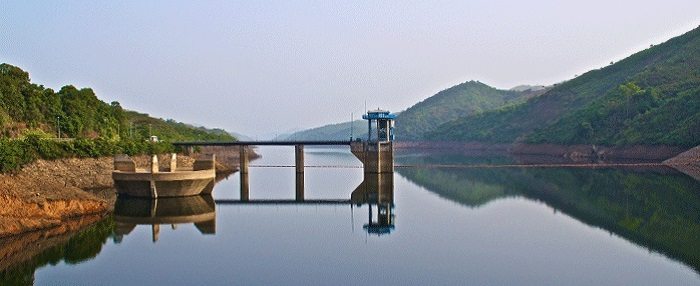The Republic of Cameroon, emerging markets energy developer Joule Africa and Energy of Cameroon (ENEO) have signed an agreement to develop the US$1.5 bn 485-MW Kpep hydropower project, located on the Katsina-Ala River near the Nigerian border in the Northwest Region of Cameroon.
Also read:Joule Africa announces feasibility study for 458 MW power plant in North-West Cameroon
Joule Africa is a member of the U.S.-based Joule Investments Group developing renewable energy projects in Africa. The company also has offices in London, England; Freetown, Sierra Leone; Port Louis, Mauritius; and in Yaounde, the capital of Cameroon.
ENEO is a semi-public company in the Cameroon energy sector of which 56% of its capital is held by Actis and 44% by the state. Actis, based in London, is an investor in growth markets across Africa, Asia and Latin America, and the company said it has US$6.3 billion in funds under management today.
According to Joule Africa, a pre-feasibility study conducted in 2012 by Germany-based Lahmeyer International identified the potential of the Katsina-Ala River as a site to develop the Kpep project.
Completion of the Kpep project is expected to take four years and when commissioned, according to ENEO, will increase Cameroon’s power generation capacity by 40%
Working in emerging markets, Joule Africa is currently developing renewable energy assets in Sierra Leone and Cameroon whilst simultaneously seeking to assist with the development of further projects on behalf of Governments throughout sub-Saharan Africa.
Joule Africa puts sustainable development and transparency at the heart of its business practice. The company works closely with all of its stakeholders to create infrastructure assets that will generate value long into the future.
The organisation is dedicated to working closely with Governments to help deliver projects that complement existing plans for social and economic development within the nations that it works with.
Through the development of renewable energy projects, Joule Africa is committed to significantly increasing access to energy for the nations in which it is needed most, a fundamental factor in any country’s ability to develop.

Leave a Reply